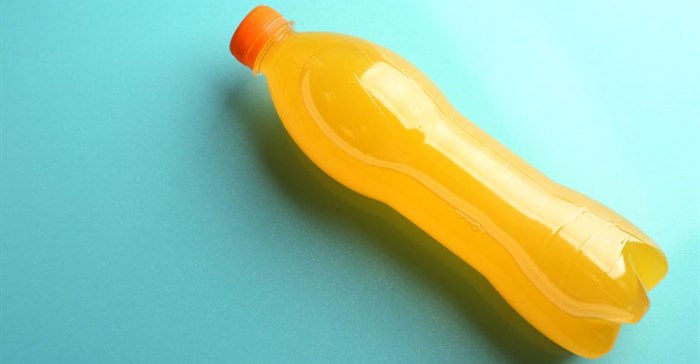The dilutables category showed a decline in volume in 2017 compared to 2016, according to a recent report from BMi Research. All subcategories in the dilutables category recorded positive volume growth for the period under review, besides the cordials/squashes and bases subcategory.
The exit of a player in this subcategory is one of the contributing factors to the decline witnessed in the dilutables volume overall. The exit of the player affected the market share for the subcategory in that it shifted from first place to second place, with dilutable dairy juice blends accounting for the largest market share for 2017.
The cordials/squashes and bases subcategory has the second largest volume share and has a lower reconstitution factor than dilutable dairy juice blends. Cordial/squashes and bases are also more expensive on rand per litre basis compared to dilutable dairy juice blends. Due to these facts, it is hypothesised that the cordials/squashes and bases will continue to lose share to the dilutable dairy juice blends subcategory.
The highest volume growth was recorded by the dilutable ice tea/sports drinks subcategory, where this was driven largely by private label dilutable iced tea. Dilutable iced tea is gaining popularity within South Africa and it is believed that there is untapped market potential in these variants.
Dilutables channelling
Top end retail, bottom end retail and wholesale accounted for the majority share of the dilutables channelling. These channels have a relatively large customer base which is ideal for players who want to increase their footprint. The channels also offer competitive prices and combo deals that attract consumers who may be price sensitive.
However, the top end retail sector remains the stronghold of the category. This channel is known to have many in-store promotional activities to drive sales and also has retail private labels which are often a more economical offering. Private labels have become popular for consumers especially during these tough economic times. Over the years retailers have improved the product quality, packaging and marketing of private labels and this is believed to have changed consumer perceptions of these brands which may have translated to increased sales.
Shaneev Boodoo 18 Jan 2018 The majority share of the dilutables category is distributed to the three key metropolitan regions. Together these regions have a large population base compared to the other regions. The dense population in these areas is characterised by a significant number of distribution channels making the product more accessible and available to cater for the high volume demand.
Gauteng continued to hold the majority volume of the dilutables category followed by KwaZulu-Natal and the Western Cape. These regions have a large population base as, according to the mid-year estimates published by Stats SA, 56.7% of the total population resided in these regions by mid-2017. Many plants are situated in these areas making it cost effective for players to distribute their products locally.
Affordability
South Africa has been experiencing economic pressures of late, which have depleted consumer spend. Dilutables are considered cheaper relative to other beverages and are attractive during times in which consumers are looking for product offerings that will stretch their money.
The increase in VAT and the implementation of the sugar tax on sugary beverages is expected to lead consumers switching to cheaper alternatives. The likes of bottled water are expected to benefit from these price increases but players in the dilutables category can also capitalise on this by changing their formulations and offering value-for-money products.






































